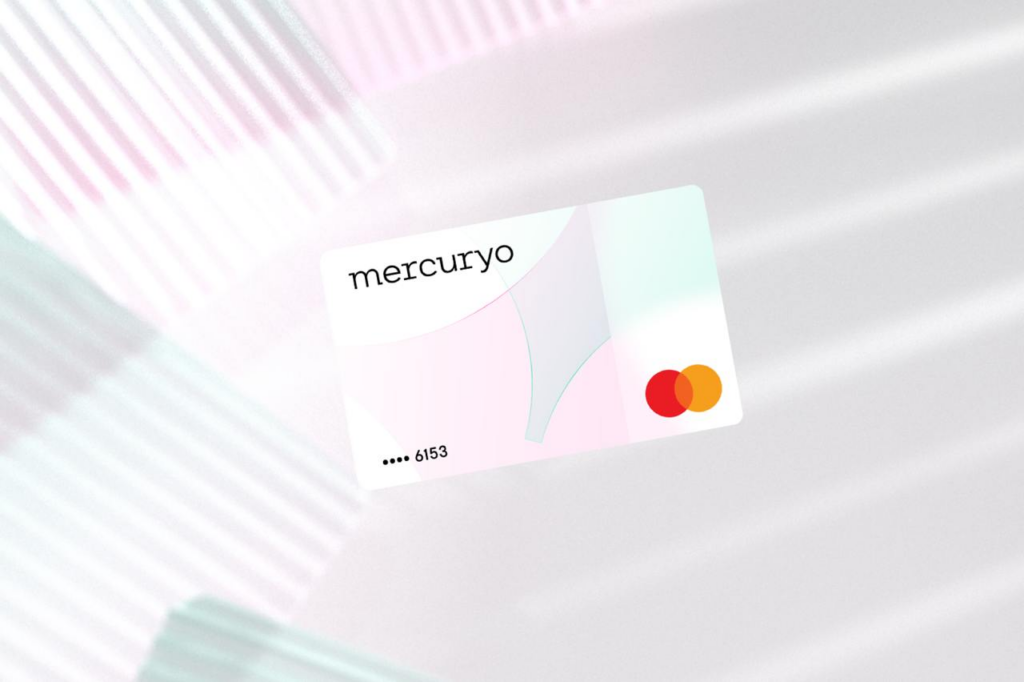Mastercard and Mercuryo introduced a crypto debit card in euros, enabling users to spend crypto from self-custodial wallets at over 100m retailers worldwide.
In a new partnership, the world’s largest payment company, Mastercard, is extending its assistance for non-custodial Bitcoin wallets, allowing customers to spend cryptocurrencies while “becoming their bank.”
Following the August launch of a cryptocurrency debit card in collaboration with the well-known self-custodial MetaMask wallet, Mastercard and Mercuryo, a European supplier of cryptocurrency payments infrastructure, will better integrate traditional banking and cryptocurrency.
As part of the partnership, Master card has made available a new debit card in euros that enables customers to spend cryptocurrencies, such as Bitcoin BTC $567,796 kept in self-custodial wallets, at more than 100 million participating retailers across the network.
MasterCard is taking the lead in promoting the use of cryptocurrency self-custody.
One of the fundamental ideas of cryptocurrencies is self-custody, which offers an alternative to relying on a centralized platform like a bank or exchange for asset storage.
As the only keeper of the private key that grants access to the wallet, self-custodial wallets place all of the burden for maintaining the security of the user’s money on them, in contrast to custodial wallets.

Christian Rau, senior vice president of Mastercard’s fintech and cryptocurrency enablement, says the company’s partnership with Mercuryo extends its expanding dedication to enabling self-custodial wallets.
Rau said that, “At Mastercard, we work closely with partners to innovate and enhance the self-custody wallet experience.”
“Through our collaboration with Mercuryo, we’re eliminating the traditional barriers between blockchain and conventional payments, providing consumers who want to spend their digital assets with an easy, reliable, and secure way to do so, anywhere Mastercard is accepted.”
Why does Mastercard wish to facilitate wallets that are not custodial?
Mastercard is a US-based firm founded in 1966 and provides global payment card services. It offers a range of financial services in more than 210 nations and territories.
Mastercard’s entry into the cryptocurrency sector was expected, given that payments are one of the primary use cases for cryptocurrencies. Citing the expanding significance of cryptocurrencies and stablecoins in the payments industry, the payment behemoth formally declared support for cryptocurrencies on its network in February 2021.
Since entering the cryptocurrency space more than three years ago, it has partnered with other companies, including Coinbase, a well-known US-based cryptocurrency exchange, and Circle, a distributor of USD Coin USDC$1.00.

The company’s newly announced commitment to support self-custody, according to Raj Dhamodharan, head for Master card’s blockchain and digital assets, intends to overcome the challenges involved in purchasing and selling cryptocurrency utilizing a centralized exchange. He thinks that many cryptocurrency holders first “try to avoid” transactions.
In August 2024, Dhamodharan said, “The complexity of this process has been a barrier for both buyers and sellers as it limits both choice and the purchasing power of stored crypto.”
Master card charges for its expanding crypto and self-custody services. For instance, in addition to Mercuryo’s off-ramp 0.95% fee, the new Mastercard-branded Spend card has an issue fee of 1.60 euros ($1.80) and a monthly maintenance price of 1 euro ($1.10).




